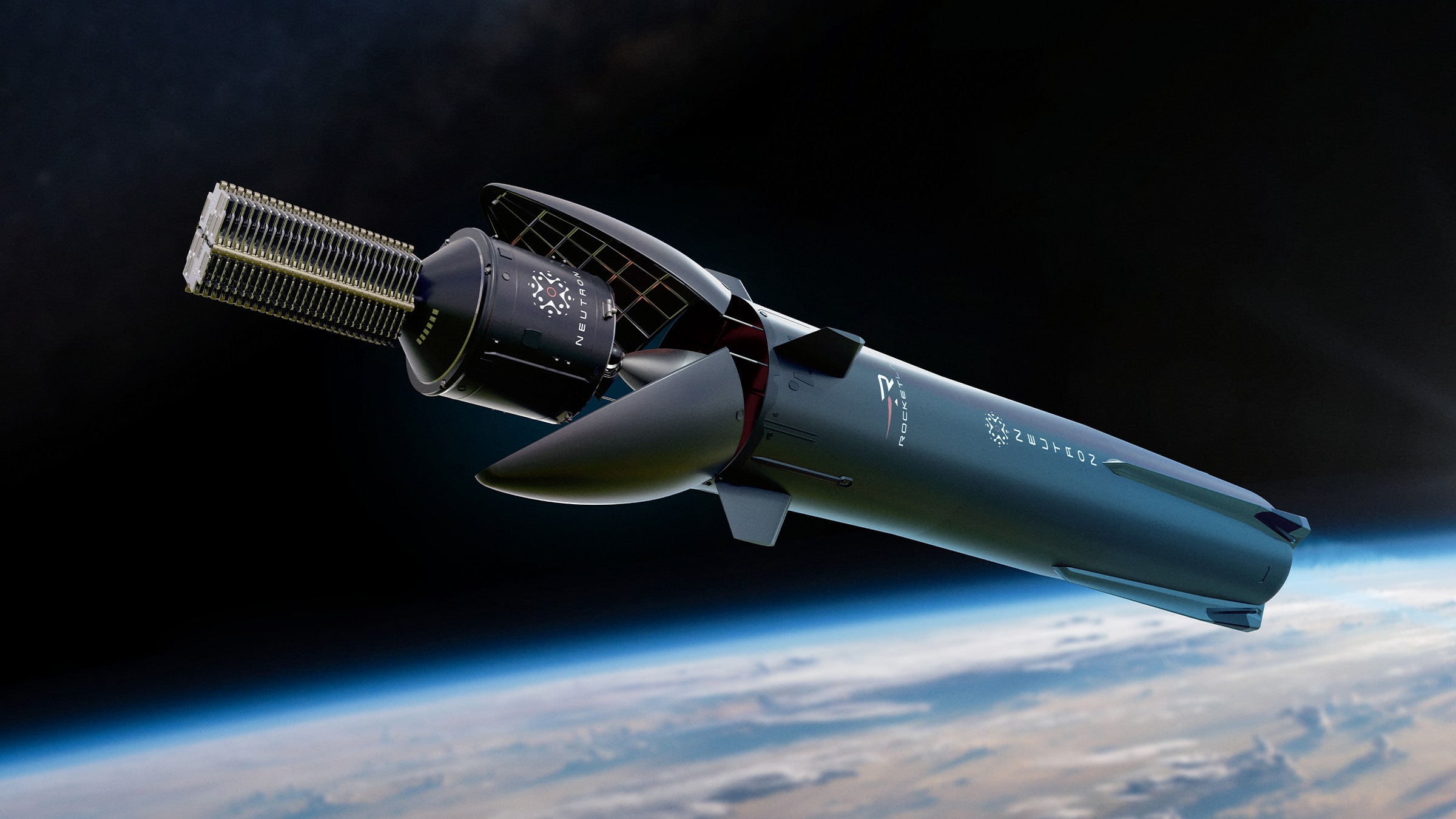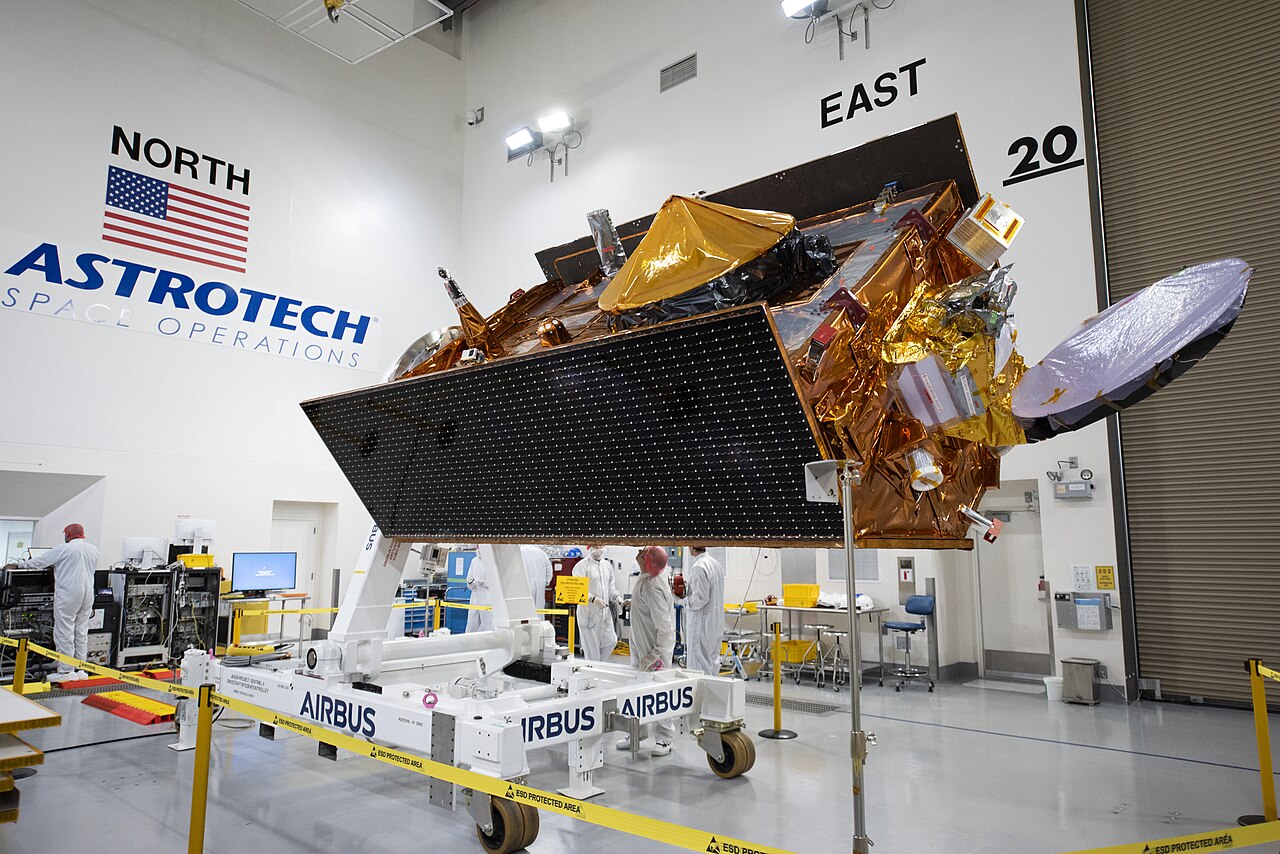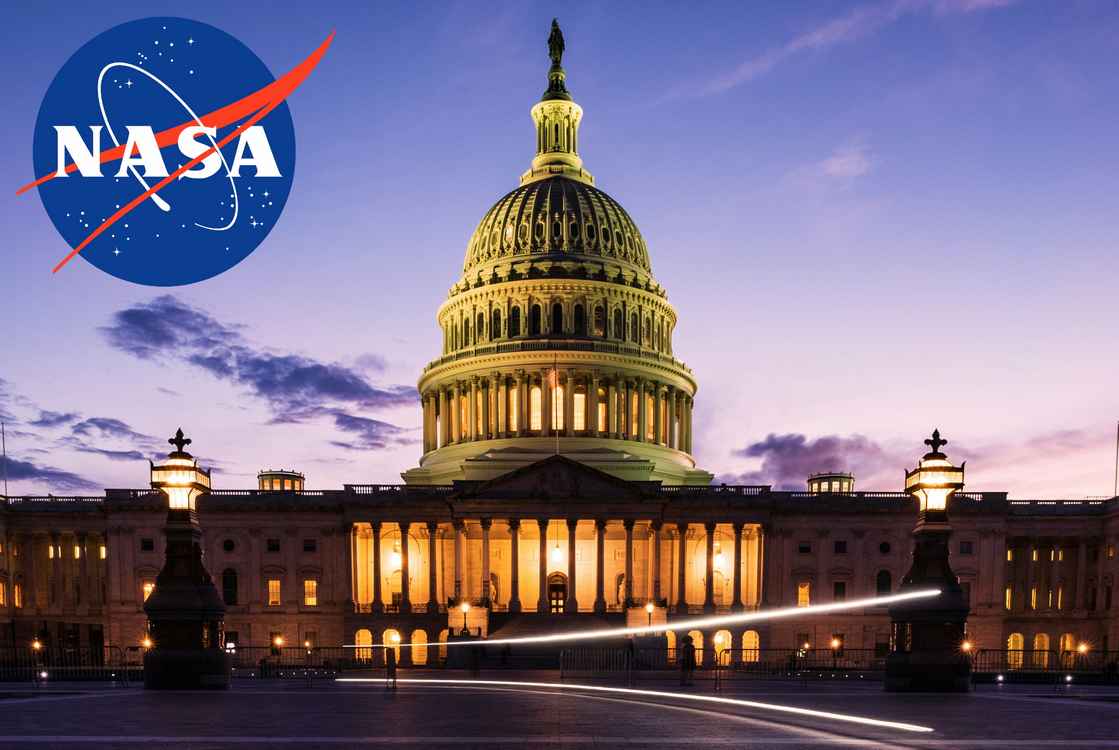Space is no longer the domain of dreams and fiction. Particularly regarding the Earth’s orbital zones, it’s a domain reached once every 1.4 days.
Depending on how it’s determined, between 253 and 258 rockets were successfully launched and reached an orbital zone last year, a success rate in the high ninetieth percentile.
A staggering 11 rocket models made maiden flights in 2024, six of which in China. Two nations launched their first satellites, and astronauts from three new nations visited space. 13 successful launches were conducted in New Zealand alone, where the launch company Rocket Lab was previously located.
Payload reported that commercially operated rockets were responsible for 70% of global launch attempts in 2024, up from 65% in 2023 and 55% in 2022.
Considering the technical requirements of getting to space, the growth in the industry has been staggering. Last year, according to Global Data, the world space economy was valued at $421 billion, and is set to reach half a trillion in the next four years at a compound growth rate of 4% per annum.
“The sector has become incredibly competitive, with various start-ups developing similar concepts for cost-effective rockets and satellites to rival the aerospace giants,” writes Global Data in their report summary.
In the US, SpaceX has a virtual monopoly on the industry because of a first-mover advantage it gained from the visionary leadership of Elon Musk and the brains that developed the Falcon-9 and Falcon Super Heavy, which flew 134 times last year, nearly all of which were on a reuse basis.
Rocket Lab, the second-most prolific civilian rocket launcher behind SpaceX, launched its lightweight rocket 16 times last year, all of which were successful and on par with the cost of the SpaceX Falcon 1 of around $100 million per launch. Planning 4 launches over the next 18 months for the Neutron, medium lift, reusable rocket, its success would catapult Rocket Lab to the position of a serious competitor to SpaceX.
Space startups routinely collect 8 and 9-figure totals during funding rounds, as Impulse Space, which manufactures spacecraft for placement of communications satellites in high orbit, just managed. Space startups are already going ‘green,’ as Arkadia Space demonstrated in its successful in-orbit test of a thruster that uses hydrogen peroxide as propellant rather than the ultra-toxic hydrazine.
Indeed the only practical limit to the space economy’s growth potential is the rapidly-shrinking limit of launch capabilities and access. The unique conditions of space and the demands such an environment place on anything meaning to enter it means that anything used on Earth, from a bathroom shower to a nuclear-powered thruster system, needs to be specifically made to endure it. Any company willing to make a space-grade shower or space-grade toaster, therefore, as a decent chance of succeeding in the space economy. WaL
We Humbly Ask For Your Support—Follow the link here to see all the ways, monetary and non-monetary.
PICTURED ABOVE: An artist rendering of the Neutron medium-lift, reusable rocket from Rocket Lab, set to debut this year. PC: Rocket Lab



